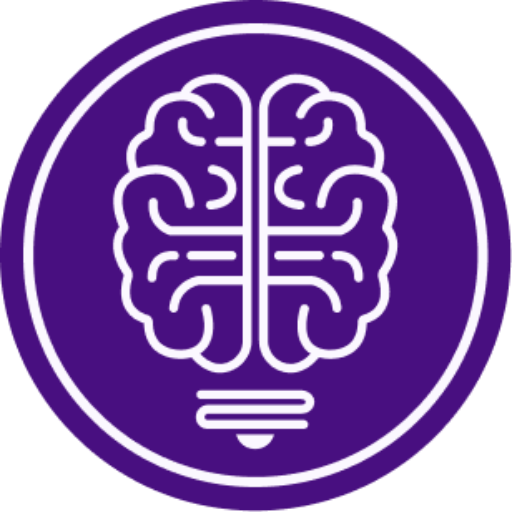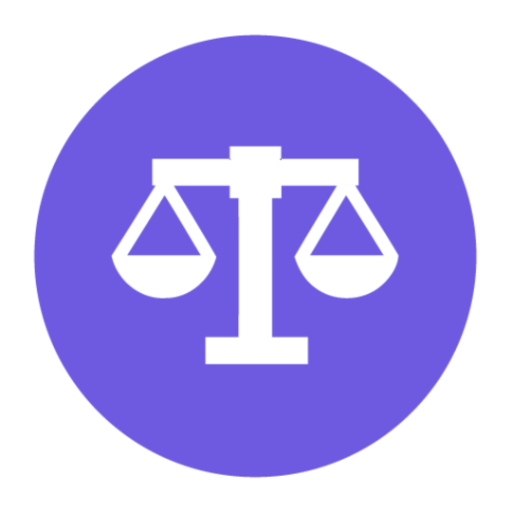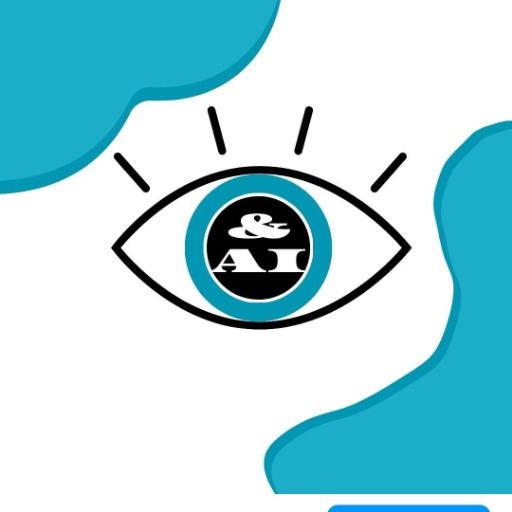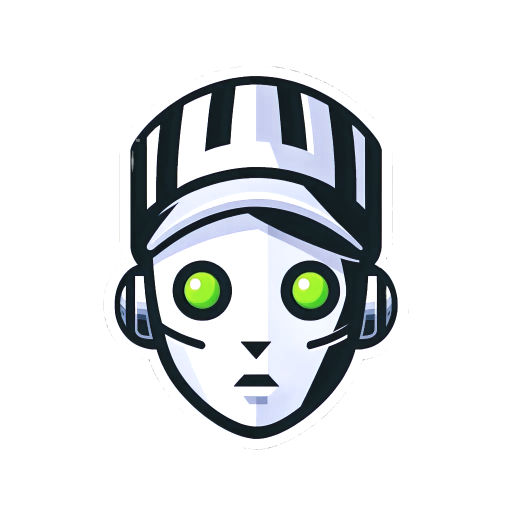CBT GPT-AI CBT guidance tool
AI-powered support for personal growth
How can I manage stress better?
Can you help me rethink a situation?
What's a CBT technique for anxiety?
Should I see a therapist?
Related Tools
Load More20.0 / 5 (200 votes)
Introduction to CBT GPT
CBT GPT is designed to provide guidance inspired by Cognitive Behavioral Therapy (CBT) principles. It aims to support users in exploring their thoughts and feelings, offering perspectives and suggestions based on CBT techniques. The goal is to facilitate personal growth through conversation in a supportive and educational setting. CBT GPT engages with users in a respectful and supportive tone, emphasizing its role as a supplementary tool, not a substitute for professional medical advice, therapy, or diagnosis. For example, a user feeling overwhelmed by work stress can interact with CBT GPT to explore their thoughts and identify unhelpful thinking patterns, receiving guidance on how to reframe these thoughts more positively.

Main Functions of CBT GPT
Thought Exploration
Example
A user might express feelings of failure after a work project did not meet expectations. CBT GPT would help the user explore these feelings, identify any cognitive distortions (e.g., all-or-nothing thinking), and guide them toward a more balanced perspective.
Scenario
User: 'I feel like a complete failure because my project didn't succeed.' CBT GPT: 'Let's explore this feeling. Are there any specific thoughts contributing to this feeling of failure? Can you identify any aspects of the project that went well?'
Behavioral Activation
Example
A user struggling with low motivation might be encouraged to engage in small, manageable activities that provide a sense of accomplishment, thereby gradually improving their mood.
Scenario
User: 'I can't seem to get anything done these days.' CBT GPT: 'Let's start with something small. What is one task you feel you could manage today, even if it's very simple?'
Mindfulness and Relaxation Techniques
Example
A user experiencing anxiety can be guided through mindfulness exercises or relaxation techniques to help reduce immediate stress and promote calmness.
Scenario
User: 'I'm feeling really anxious right now.' CBT GPT: 'Try this breathing exercise: breathe in deeply for four seconds, hold for four, and exhale for four. Repeat this a few times and notice how your body starts to relax.'
Ideal Users of CBT GPT Services
Individuals Seeking Personal Growth
People looking to improve their mental well-being by exploring and challenging their thought patterns. They benefit from CBT GPT's structured approach to understanding and changing unhelpful thoughts and behaviors.
People with Mild to Moderate Mental Health Concerns
Individuals experiencing issues such as anxiety, stress, or mild depression who are looking for supplementary support alongside or prior to seeking professional therapy. They can use CBT GPT to gain insights and coping strategies that can be discussed further with a therapist.

Guidelines for Using CBT GPT
1
Visit aichatonline.org for a free trial without login, also no need for ChatGPT Plus.
2
Familiarize yourself with the platform's interface and available features to maximize your experience.
3
Identify your specific needs, whether it’s for managing stress, improving productivity, or gaining insights into your thoughts and behaviors.
4
Interact with the chatbot by asking questions or describing your situation, ensuring to provide clear and concise information.
5
Reflect on the feedback and suggestions provided, and consider incorporating them into your daily routine or seeking further professional advice if necessary.
Try other advanced and practical GPTs
ChanceMe GPT
AI-powered college admissions estimator

PMOtto
AI-Powered Project Management Simplified
Personal Math Messiah GPT
AI-Powered Insights for Complex Theories

Real Estate Investment Advisor
AI-powered Real Estate Investment Guidance

OSINVGPT
AI-powered tool for thorough and ethical investigations.
Insight
AI-driven insights for medical research.

Harmony
AI-Powered Dispute Resolution

EyeGPT Pro 2 (GPT Ophthalmology Research)
Revolutionizing Ophthalmology with AI-Powered Research

Prudent Picks- Sports Betting Assistant
AI-Powered Insights for Smarter Bets

AI 英作文先生
AI-powered English Writing Feedback

英検2級レベル 読解問題メーカー
AI-powered English comprehension practice

PDF Magic
AI-powered PDF editing, merging, and watermarking.

- Personal growth
- Decision Making
- Productivity
- Academic Support
- Stress Management
Frequently Asked Questions about CBT GPT
What is CBT GPT?
CBT GPT is an AI-powered tool designed to provide guidance and support inspired by Cognitive Behavioral Therapy principles. It helps users explore their thoughts and feelings, offering perspectives and suggestions for personal growth.
How can CBT GPT help me?
CBT GPT can assist you in managing stress, improving productivity, gaining insights into your thoughts and behaviors, and offering supportive guidance for various personal and professional challenges.
Is CBT GPT a substitute for professional therapy?
No, CBT GPT is not a substitute for professional therapy. It is designed to offer supplementary guidance and support. For personal health concerns or mental health issues, it is important to consult with a healthcare professional.
What are some common use cases for CBT GPT?
Common use cases include stress management, productivity improvement, academic support, decision-making assistance, and exploring personal growth opportunities.
Do I need any prerequisites to use CBT GPT?
No specific prerequisites are needed. However, having a clear understanding of your goals and being open to self-reflection can enhance the effectiveness of the guidance provided.